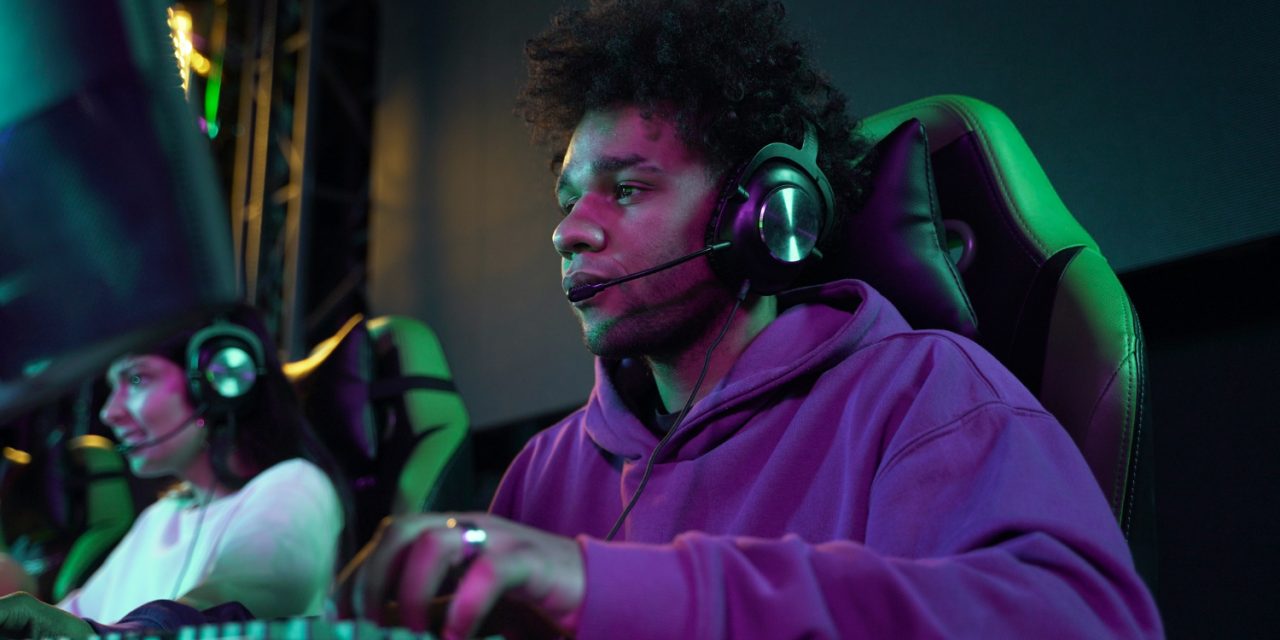Today’s players own smartphones for commuting, tablets for casual couch sessions, PCs for competitive play, and consoles for shared living room gaming. Where they are and what device they have access to determines how they play games. Games that work well across all these situations create stronger player relationships. Progress that moves between devices without issues, plus consistent performance no matter the platform, builds trust.
Dedicated mobile app platforms grasp this reality, tuning their interfaces to perform equally well through mobile browsers or specialized applications. This reliability becomes the foundation for long-term player engagement. Games offering cross-progression and cloud saves see 45% higher engagement retention within the first 30 days post-install, while players on cross-platform games are 31% more likely to return daily compared to single-platform users.
Gaming That Fits Your Life
Multi-device gaming has destroyed the old boundaries around when and where people can play. A player might begin a session on their living room console, pick it up on mobile while waiting for a meeting, then switch to PC for the final boss battle. This pattern transforms games from scheduled entertainment into something that weaves through daily routines.
The data tells the story: half of all gamers now play across multiple platforms, with 15% being tri-platform players who regularly switch between console, PC, and mobile devices. These numbers show how people have changed the way they consume digital entertainment.
Mobile dominates with 79% of gamers, but most also play on PC (42%) and consoles (55%). Smooth performance across devices matters because technical problems drive people away. Games that work reliably wherever you play them remove the frustration that makes players quit.
Why Progress That Travels Matters
Players put serious money and time into games, but that’s just the start. Many spend weeks or months building characters, unlocking rare items, and learning advanced techniques. When switching devices keeps all of this intact – every save, every setting, every control preference – players feel more connected to the game. The psychological impact strengthens their bond with the experience.
Consider the commuter who explores vast open worlds during train rides, then returns home to tackle demanding raid content on a high-performance setup. This transition succeeds only when developers respect the continuity of the player’s journey. Trust in that continuity drives deeper engagement because players stop worrying about losing their investment and focus entirely on the experience itself.
Friends Over Platforms
Gaming has become fundamentally social. 71% of Gen Z say gaming is a great way to socialize, while social connection ranks among the top three reasons Gen Z plays games. Device flexibility supports these social bonds by preventing platform fragmentation from breaking up friend groups and gaming communities.
When friends can play together regardless of their preferred devices, social networks remain intact. Players who might otherwise drift apart due to different hardware choices stay connected within the same gaming ecosystem. Cross-platform players return 31% more often than single-platform users.
Long-term player engagement depends heavily on community formation. Familiar usernames become friends, shared victories create bonds, and ongoing interactions build social networks that extend beyond individual gaming sessions. Device flexibility protects these relationships from platform fragmentation that could otherwise scatter communities across incompatible ecosystems.
Less Hassle, More Playing
Compatibility problems, buying games multiple times for different platforms, managing saves manually, and dealing with different controls create obstacles. These small problems add up and push players toward games that work better.
Cloud gaming tackles this by letting people switch between devices for the same games while cutting hardware costs. This approach eliminates hardware requirements beyond a fast internet connection.
Players also face psychological risks when games lack device flexibility. The fear of losing progress, poor performance on different devices, or wasted money on multiple platform purchases creates hesitation. Games that eliminate these concerns through robust cross-platform support and cloud save systems build confidence that encourages deeper investment.
Microsoft’s PlayFab Game Saves promises geo-aware syncing, offline support, and rollback options to keep your progress safe anywhere you play. Such systems address both technical reliability and player peace of mind.
What’s Next for Multi-Platform Gaming
Major developers now see cross-platform support as a selling point instead of just another feature to check off. Ubisoft lets players start a story campaign on PC at night, then pick up the same save on Xbox when friends visit for local multiplayer, with no file juggling or lost progress.
The demographics back up this approach. Gen Z spreads their gaming across mobile (69%), PC (42%), and console (38%), and they want their favorite games to work the same way on all three. As these players start earning more money, their preferences will force more studios to support multiple platforms.
The technical barriers continue falling. Future developments point toward universal accounts with single IDs for all platforms, linked to cloud saves, and AI-assisted matchmaking that balances lobbies with mixed input methods and skill levels.
Companies understand the business value. Cross-platform saves for games with co-op campaigns incentivize players to grab another copy, especially for story-rich games or titles with hundreds of unlockables. When players trust that their progress will carry over, they become more willing to purchase games on multiple platforms.
Why This Matters for Players and Developers
Device flexibility represents more than a technical feature; it demonstrates respect for how people actually live and play. When games adapt to player contexts rather than forcing players to adapt to rigid platform constraints, loyalty naturally follows. The data shows clear correlations between cross-platform support and improved retention, but the underlying psychology runs deeper. Players commit to games that commit to them, and device flexibility is one of the strongest signals that developers understand and value the player experience above platform politics.











![[Rumor] GTA 6 to be digital-only at launch… to avoid story spoilers](https://vgleaks.com/wp-content/uploads/2024/03/gta-6-150x150.jpg)
![[Rumor] Resident Evil: Code Veronica remake could be announced this year and launch in 2027](https://vgleaks.com/wp-content/uploads/2026/01/resident-evil-code-veronica-150x150.jpg)
